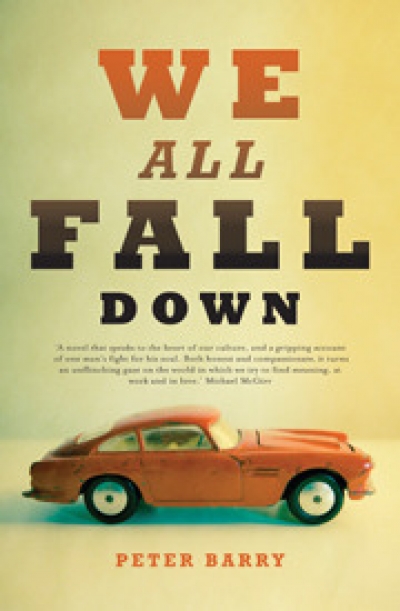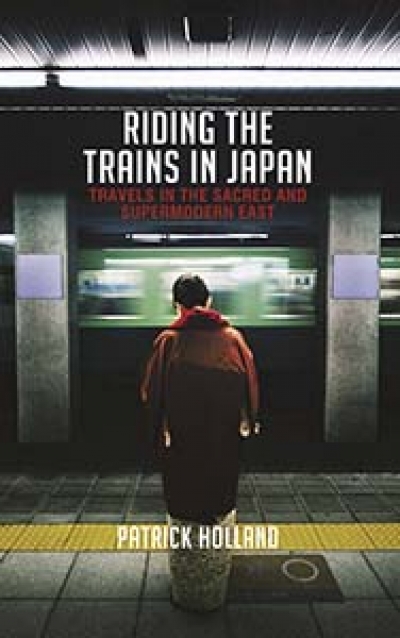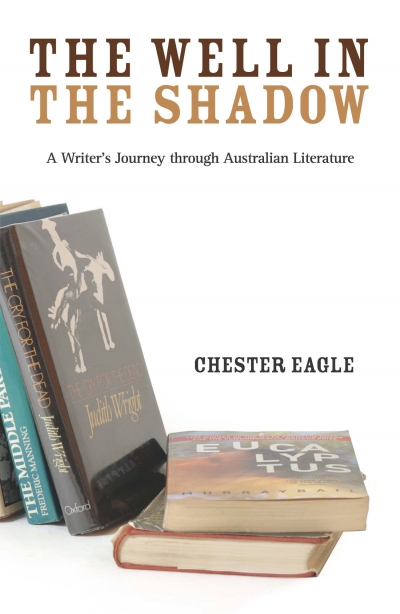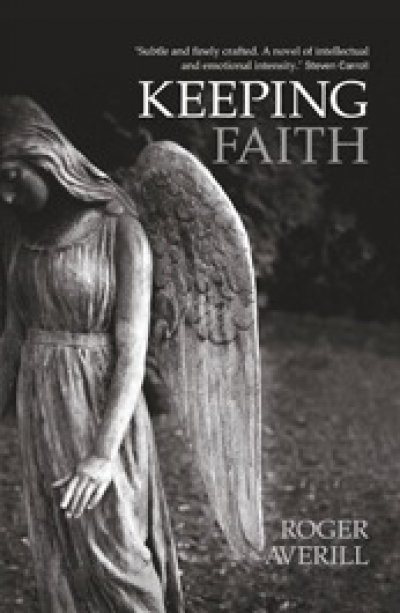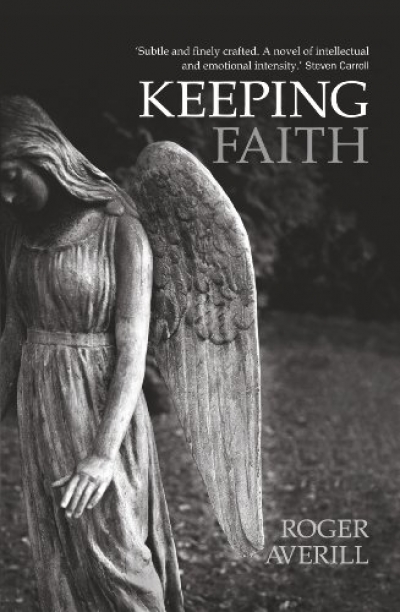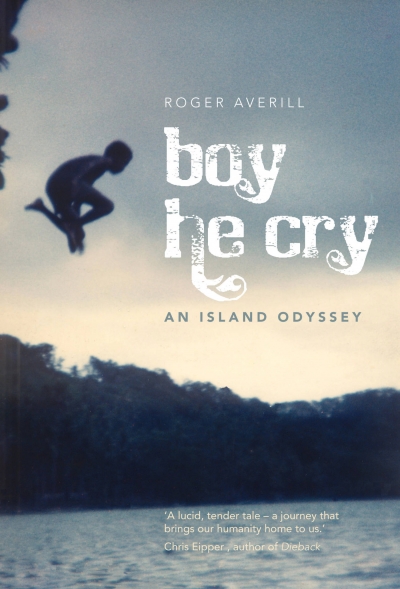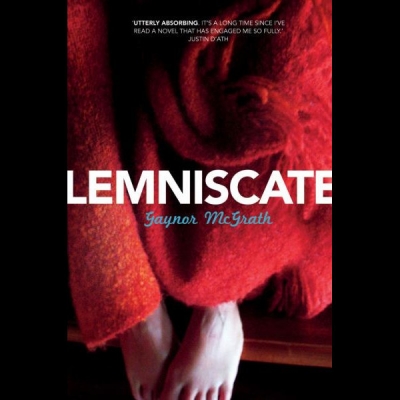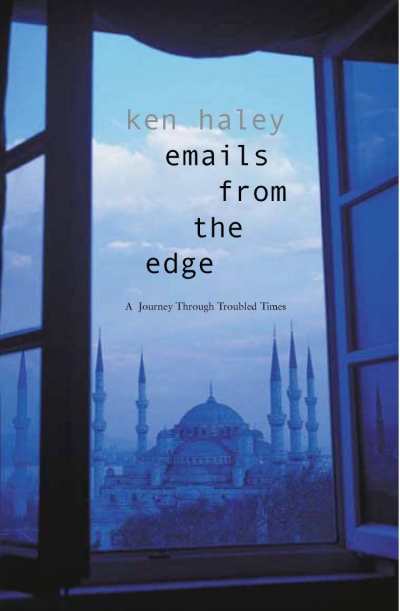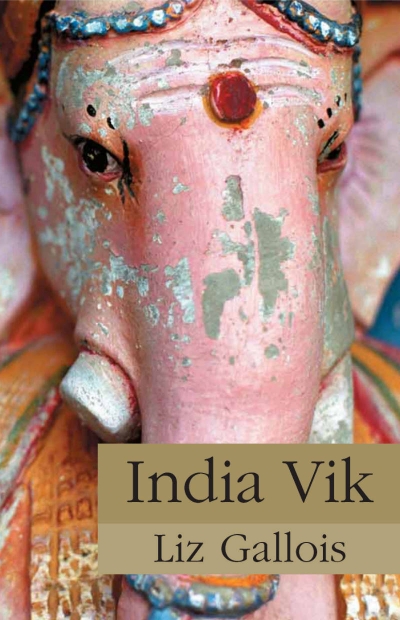Transit Lounge
Riding the Trains in Japan: Travels in the sacred and supermodern East by Patrick Holland
by William Heyward •
The Well in the Shadow: A writer’s journey through Australian literature by Chester Eagle
by Christina Hill •
Emails from the Edge: A journey through troubled times by Ken Haley
by Rebecca Starford •

